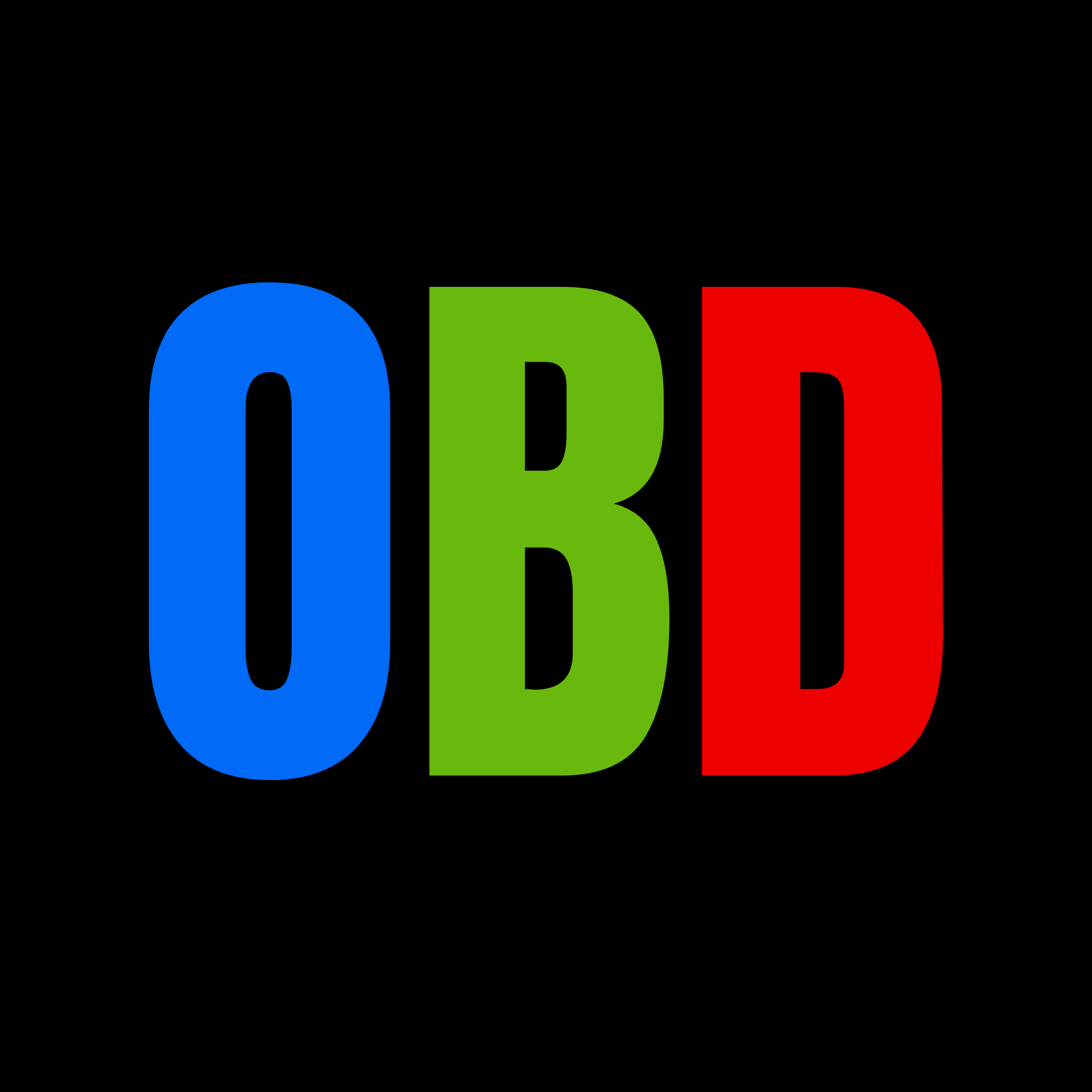Opening Time
Online Best Doctor
-
Doctor Services
Please select a service from below options
-
Choose Your Doctor
pick a specific Doctor to perform your service
-
Select Date and Time
Select date to see a timeline of available slots
-
Appointment Extra Data
Upload file and description about appointment
-
User Detail Information
Please provide you contact details
-
Confirmation
Confirm your booking


Cardiology Treatment
What are the early signs of a heart attack?
Early signs of a heart attack can include chest pain or discomfort, which may feel like pressure, squeezing, or fullness; pain or discomfort in the arms, neck, jaw, back, or stomach; shortness of breath; nausea or vomiting; lightheadedness or dizziness; and breaking out in a cold sweat.
How can I lower my risk of heart disease?
Lowering your risk of heart disease involves adopting a healthy lifestyle: eat a balanced diet low in saturated fats and high in fruits, vegetables, and whole grains; exercise regularly; avoid smoking; limit alcohol consumption; maintain a healthy weight; control blood pressure, cholesterol, and blood sugar levels; and have regular medical check-ups.
What’s the difference between heart failure and a heart attack?
A heart attack occurs when blood flow to a part of the heart muscle becomes blocked, usually due to a blood clot, causing that part of the heart muscle to become damaged or die. Heart failure, on the other hand, doesn’t mean the heart has stopped working, but that it’s not pumping blood as effectively as it should. It can be a consequence of a heart attack or result from other conditions or diseases.
How does high blood pressure affect the heart?
High blood pressure, or hypertension, makes the heart work harder than usual to pump blood. Over time, this increased workload can lead to thickening of the heart muscle, making it less effective at pumping blood. High blood pressure can also damage the arteries, increasing the risk of heart disease, heart attack, stroke, and other serious conditions.
What are the main causes of irregular heartbeats or arrhythmias?
Arrhythmias can be caused by several factors, including heart disease, high blood pressure, diabetes, smoking, heavy alcohol or caffeine consumption, certain medications, and overactive thyroid gland. Electrolyte imbalances and age-related wear and tear on the heart can also contribute to the development of arrhythmias.
- Treats minor illnesses
- Answers health questions
- Conducts health checkups
- Specialty physicians
- Performs routine health tests
- List Items
10 +
Patients Checked
Digital Heartbeats: Cardiology at Your Fingertips.
Telemedicine: Revolutionizing Healthcare in the Digital Age
Telemedicine, a fusion of technology and healthcare, has revolutionized the way patients interact with healthcare professionals. As digital platforms become an integral part of our daily lives, the healthcare industry is no exception to this digital transition. With the capability to connect doctors and patients virtually, telemedicine offers a plethora of benefits that transcend traditional medical consultation barriers. Here, we delve into the myriad advantages of this emerging medical practice, emphasizing its growing significance in today’s world.
Here are some benefits of telemedicine:
Convenience: Patients can consult doctors from the comfort of their homes, eliminating the need for travel.
Accessibility: Provides medical access to individuals in remote or underserved areas.
Cost-Effective: Reduces transportation and associated costs for patients; can also reduce overhead costs for practitioners.
Reduced Wait Times: Patients often face shorter wait times compared to in-person visits.
Safety: In situations like the COVID-19 pandemic, telemedicine reduces the risk of transmitting contagious diseases.
Access to Specialists: Patients can consult with specialists who might not be available in their geographic area.
Easy Follow-Ups: Makes it simpler for patients to adhere to follow-up appointments or post-treatment consultations.
Integrated Health Records: Many platforms allow for integrated electronic health records, ensuring accurate and updated patient data.
Flexible Scheduling: Appointments can often be scheduled outside of typical office hours.
Immediate Care: Some issues can be addressed immediately, without the need for scheduling in advance.
Reduced Hospital Readmissions: Provides an efficient platform for post-operative or post-treatment check-ins, potentially reducing unnecessary hospital readmissions.
Enhanced Patient Engagement: Digital tools often lead to better patient engagement and adherence to care plans.
Environmental Benefits: Reduces the carbon footprint by decreasing transportation needs and associated emissions.
Privacy: Secure platforms can provide confidential consultations without the potential stigma of in-person visits, especially for sensitive health issues.
Conclusion
While telemedicine offers numerous advantages, it’s also important to note that it might not be suitable for every medical situation, and traditional in-person consultations are still essential in many cases.
What is the best way to quit smoking?
The best way to quit smoking involves a combination of behavioral strategies, support systems, and, if needed, nicotine replacement therapies or medications, tailored to an individual’s needs. Consulting with a healthcare professional can provide guidance and resources.
How much water should I drink in a day?
The general recommendation is to drink eight 8-ounce glasses of water a day, known as the “8×8 rule.” However, individual needs vary based on activity level, climate, and health factors. It’s essential to listen to your body and drink when thirsty.
What are the symptoms of depression?
Symptoms of depression include persistent sadness or hopelessness, loss of interest in activities, fatigue, changes in appetite or weight, difficulty sleeping or oversleeping, feelings of worthlessness, difficulty concentrating, and thoughts of death or suicide.

